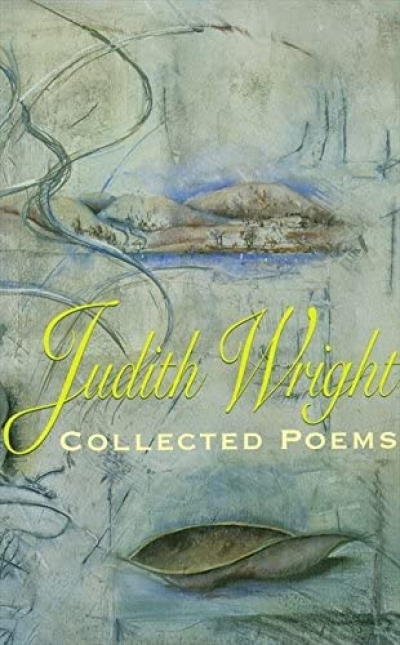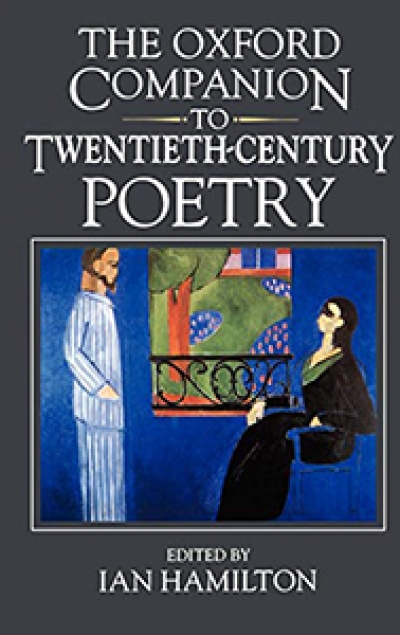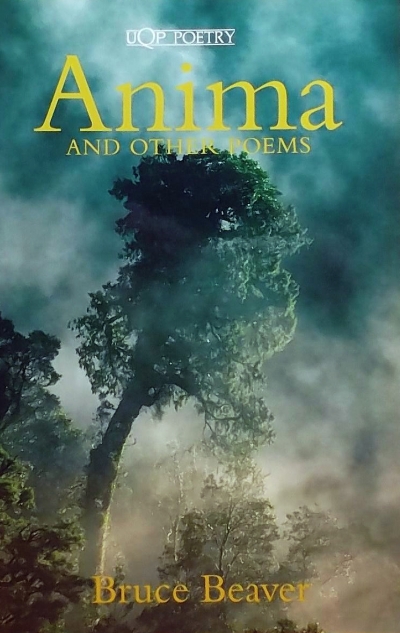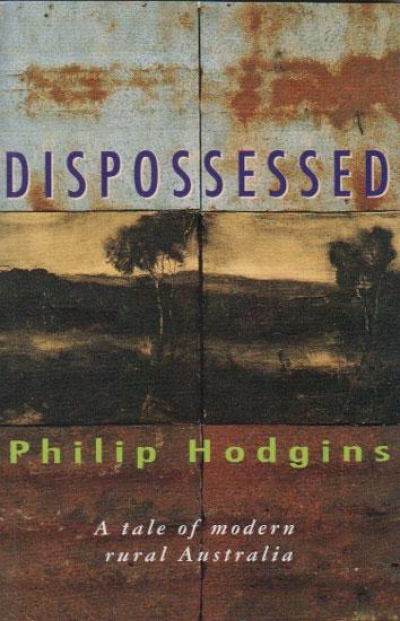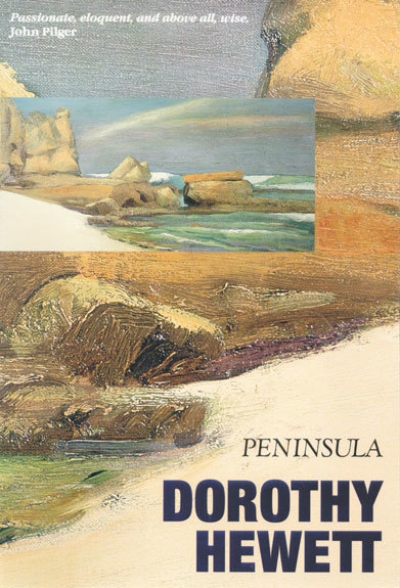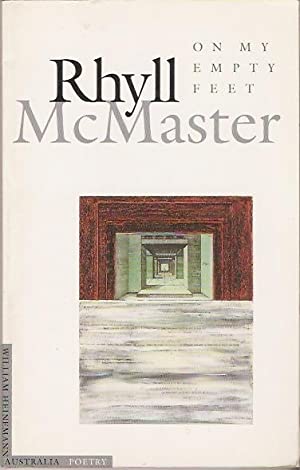Poetry
In 1956, A Book of Australian Verse, edited by Judith Wright, was published by Oxford University Press. Her choice of her own poems included ‘Bullocky’ and a couple of others, the over-anthologising of which, at the expense of her other work, was later understandably to provoke her exasperation.
... (read more)Anyone who has had the experience of trying to translate a poem across even a fairly low-density language barrier (say German or French into English) will have tasted the near despair of finding oneself in danger of killing that in the creature that one most wanted to save. Sometimes it feels like cutting down the tree and whittling from the wood a mere mock replica of it – the sap goes, the leaves in all their lively beauty disappear, and at best there’s an artifact which cleverly reproduces the mere outlines of what was once brimming with life.
... (read more)The Oxford Companion to Twentieth-Century Poetry in English edited by Ian Hamilton
As a preliminary I must say, frankly, that I am hardly interested in canonised literary culture. And having known for a long time that it is absurd to criticise the conventional literary establishment and then expect its attention or affection, I can also say that canonical inclusion has never been a personal aspiration. However, I am alert to the ramifications of the processes of historicisation. I don’t want to sound high-falutin’ but I’ll begin with Nietzsche who began his enquiry into the value of history with a gem from Goethe: ‘In any case I hate everything that merely instructs me without augmenting or directly invigorating my activity.’
... (read more)What do we do, where do we go to get beyond the routines of the self and the paradoxical alienation it produces in both ourselves and in others? Is it possible to break down the shell of separation and deal with others from a perspective that is neither ‘self- or need-observed’? These are the questions that occupy Bruce Beaver in many of the poems in this collection, and one that he traces through an engaging variety of forms and themes.
... (read more)When I visited Bruce and Brenda Beaver in their Manly flat it was a sparkling day. The water of the Harbour was glittering, and the pines on the foreshore were stirring only slightly in the breeze. But, however soothing the weather, I was nervous. For me, Bruce Beaver is huge, a poet of the first order, and his extraordinarily difficult life, the periods of debilitating sickness and the various almost mythic stories that attach themselves to his history, all added up to make me feel very nervous indeed.
And his wife, Brenda had made it very clear that my being able to come to see him was a privilege. She protects him fiercely, with constant courage, and if I hadn’t read Bruce Beaver’s superb love poems to this woman, I would have been even more nervous when my companion and I knocked on their door.
... (read more)With unsentimental compassion and irony, Dispossessed tackles the weighty topic of the rural crisis. In a sense the title of Phillip Hodgins’s verse novella gives too much away, casting a deliberate shadow over all that follows. Yet the manner in which Hodgins spins his yam is constantly engaging.
... (read more)
Despite the protestations of my close friends I choose to regard myself as a normal person. Only at certain times of the year do I realise how tenuous are my links with the mundane world.
One of these troublesome occasions is when I prepare my income tax form.
... (read more)The image of the woman imprisoned in a tower is recurrent in Dorothy Hewett’s work. In the early poem, ‘Grave Fairytale’, Hewett refashions the figure of Rapunzel to signify the woman poet whose writing depends on isolation and the suppression of her sexuality.
... (read more)Somewhere within this idea of things there lurks the soul of a brick veneer, and being a poet in these late capitalist times is like using an hour glass rather than a digital watch ... Look at all these things in this overstuffed city. And out on the perimeters, Neighbourhood Watch saves another VCR!
... (read more)On My Empty Feet by Rhyll McMaster & The Catullan Rag by Peter Rose
Both of these volumes of poetry claim to deal with the ordinary. Peter Rose’s publisher, Picador, states in its back-cover blurb that the author of The Catullan Rag chooses ‘to focus ... sharply on the urban, the everyday, the seemingly ordinary’, while Heinemann suggests that ‘McMaster has a sure ear for the rhythms of everyday speech’.
... (read more)

